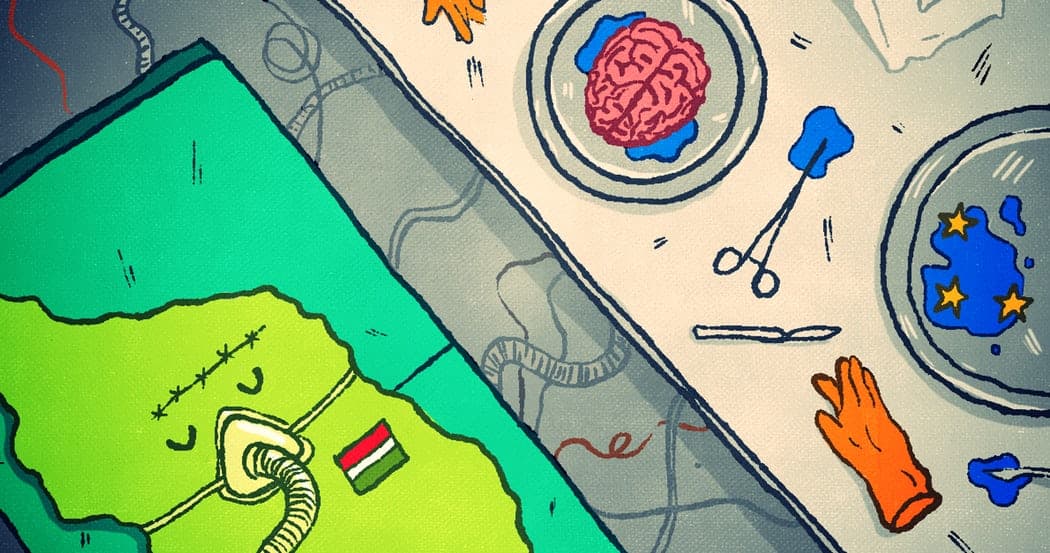Commission replies to Hungarian NGOs’ and Liberties’ joint letter on Hungary
Last week, Liberties received a reply from the European Commission in response to a letter we wrote together with the Hungarian Civil Liberties Union and the Hungarian Helsinki Committee to Frans Timmermans, First Vice President of the European Commission. You can find our letter in full here. In our letter we called on the Commission to do three things.
- First, to start legal proceedings against the Hungarian government over the anti-NGO law adopted in June.
- Second, to activate its rule of law ‘framework’ in relation to Hungary. This is a procedure that allows the Commission to investigate whether a government is dismantling the institutions and laws that protect the rule of law, and to make recommendations to that government on how to put things right.
- Third, to take a number of steps to better protect NGOs that promote the EU’s fundamental values of democracy, fundamental rights and the rule of law. The steps we asked for included: appointing a body or person in the Commission to monitor attacks against NGOs in the EU and to talk to governments responsible for such actions; and improving the way that the Commission gives funding to NGOs inside the EU so that it matches the way NGOs are funded outside the EU.
Shortly after we sent our letter, the Commission did indeed start legal proceedings against Hungary over its anti-NGO law. However, in its reply to our letter, the Commission said that it will not be activating its rule of law framework or developing new measures to support NGOs in the EU.
Regarding the Commission’s refusal to activate the rule of law framework against Hungary, Stefánia Kapronczay, Executive Director of the Hungarian Civil Liberties Union said:
“The Commission underestimates the gravity of the situation. The Commission’s letter states that the framework may only be activated when national mechanisms that safeguard the rule of law, such as Hungary’s Constitutional Court, are unable to protect the rule of law effectively. In the Commission’s view, the Constitutional Court is still able to perform this function. The reality is that the Hungarian Constitutional Court is no longer an independent body. The bench is filled with political appointees and issues decisions regularly serving the governments’ interest instead of safeguarding the rule of law and fundamental rights. In addition to this, the court has also had its power to review the legality of legislation severely curtailed.”
On the same subject, Márta Pardavi, Co-Chair of the Hungarian Helsinki Committee, had this to say:
“We welcomed the Commission’s decision to launch an infringement procedure in relation to the anti-NGO law that was adopted in June. However, past examples show that previous infringement procedures, even those that culminated in a ruling against the government by the Luxembourg court, have not been able to reverse the damage done to human rights protection and the rule of law in Hungary. The Hungarian government has failed to implement these previous ECJ judgments properly, by only taking the bare minimum of steps needed to avoid fresh action by the Commission. Taking this into account, the Commission should activate its rule of law framework. This could allow the EU to take more holistic action that is capable of effectively addressing the cumulative impact on democracy, rights and the rule of law of the many negative reforms that have taken place in Hungary since 2010.”
Read the Commission’s reply to our letter in full here.
